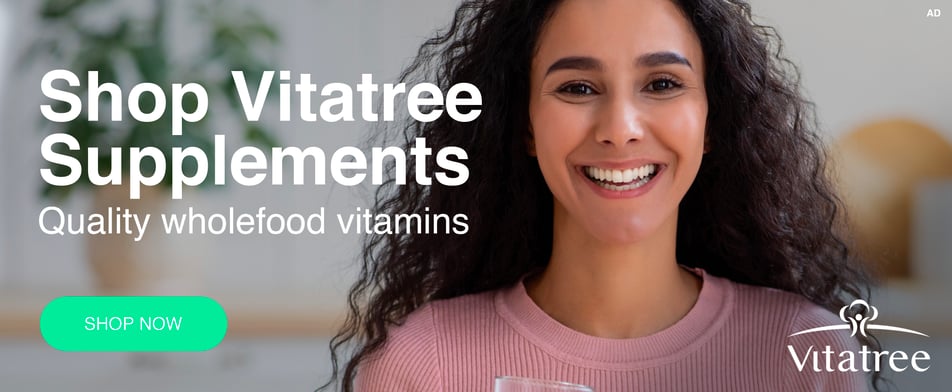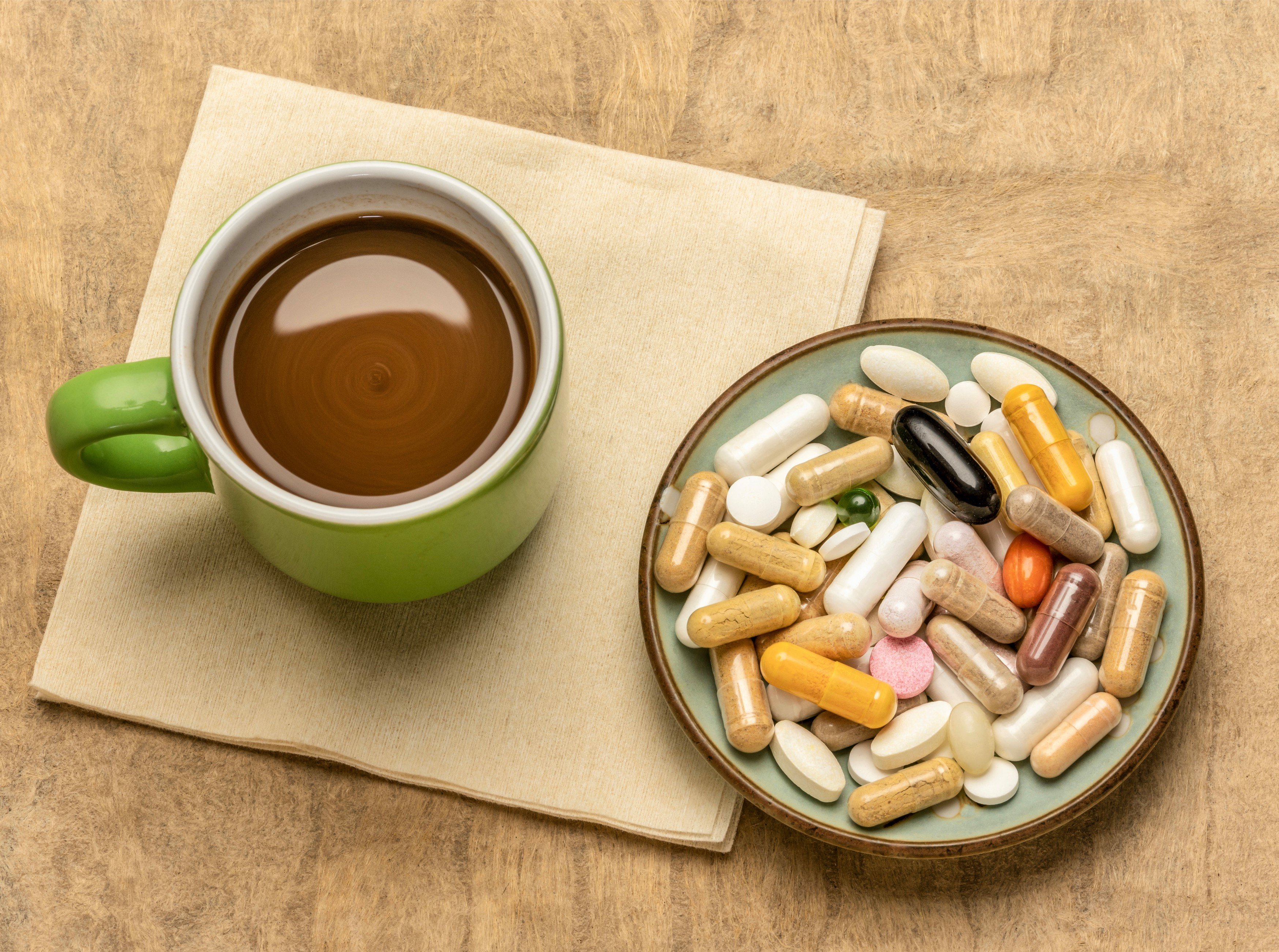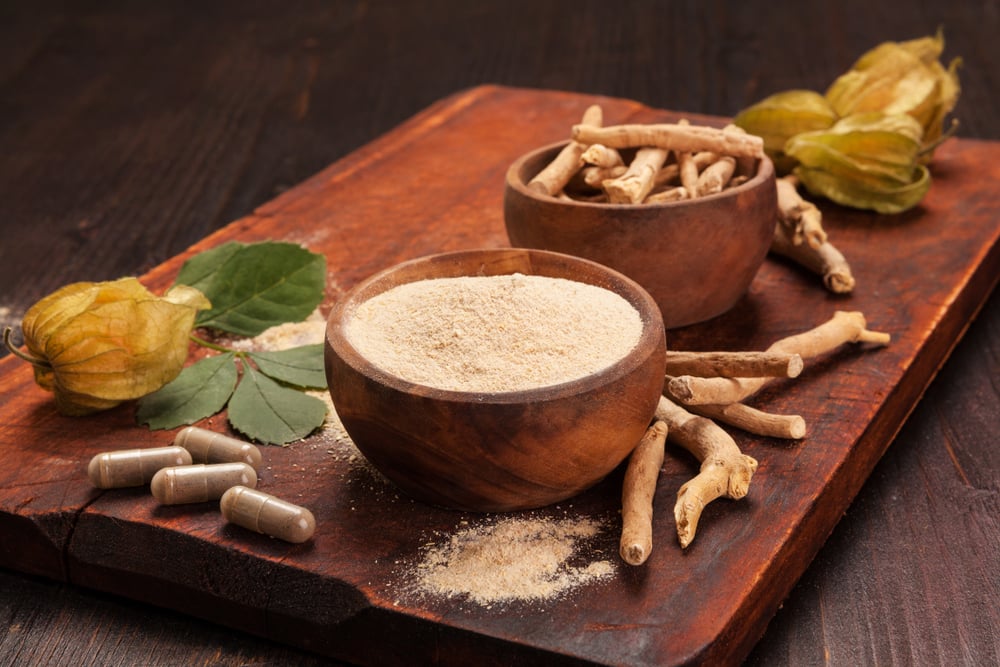Introduction
Vitamin K is an essential nutrient that most people are missing in their diets. This nutrient is important for many reasons, including blood clotting and bone health. It can be found in leafy green vegetables, but many people do not get enough of it through their diet.
There are many ways to get vitamin K, including supplements, but the best way to get it is through food. In this blog post, we will explore the benefits of vitamin K and the best foods to eat to get it. We will also dispel some myths about this nutrient and how it can help you live a healthier life.
What is Vitamin K?
Vitamin K is a vitamin found in leafy green vegetables, broccoli, and Brussel sprouts. This vitamin is important for blood clotting and bone health. Vitamin K can also be found in supplements.
The Importance of Vitamin K
Vitamin K is a nutrient that is essential for human health. It is necessary for proper blood clotting and bone development. Vitamin K can be found in leafy green vegetables, meats, and dairy products.
While vitamin K is important for overall health, it is especially important for people who are taking blood thinners. Blood thinners are used to prevent clotting and can be lifesaving for people who are at risk for stroke or heart attack. However, blood thinners can also cause bleeding, and vitamin K can help to reduce this risk.
Vitamin K Deficiency
Vitamin K is a nutrient that is essential for the proper clotting of blood. Without enough vitamin K, a person is at risk for excessive bleeding. Vitamin K deficiency is relatively rare, but it can occur in certain populations. For example, people who have malabsorption disorders or certain chronic illnesses may be at risk for vitamin K deficiency.
Vitamin K deficiency can be treated with supplementation, but it is best to catch it early so that serious complications can be avoided.
Getting Enough Vitamin K
Vitamin K is an essential nutrient that the body needs for blood clotting and bone health. It can be found in a variety of foods, such as leafy green vegetables, fatty fish, and soybeans.
While it is possible to get enough vitamin K through diet alone, some people may need to take supplements to ensure they are getting enough of this important nutrient. This is especially true for people who have certain medical conditions, such as Crohn's disease or who are taking certain medications, such as warfarin.
Summary
Vitamin K is an essential nutrient that many people may be missing. It is important for blood clotting, bone health, and heart health. Vitamin K can be found in leafy green vegetables, tomatoes, and dairy products. To ensure you are getting enough vitamin K, eat a variety of foods rich in this nutrient.











